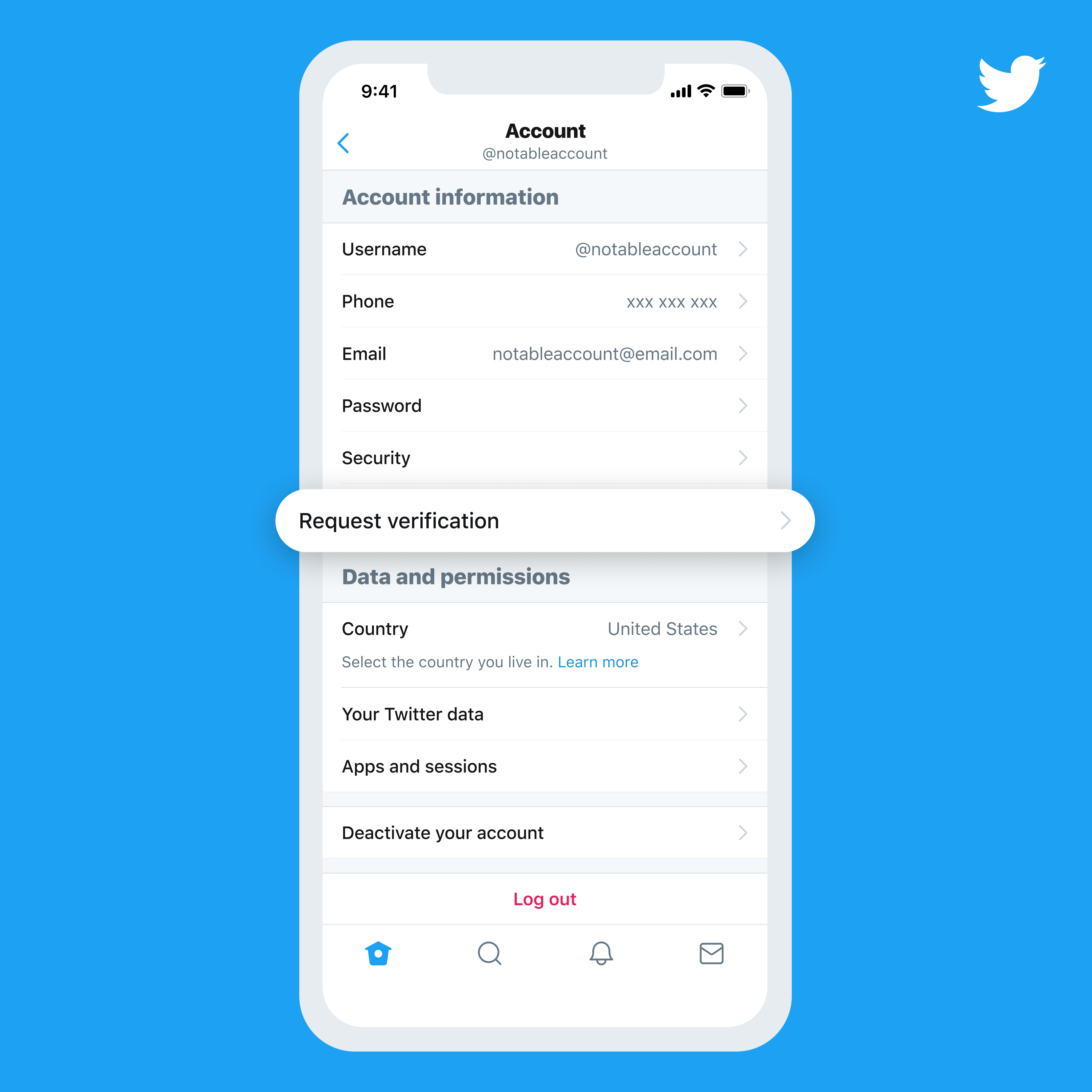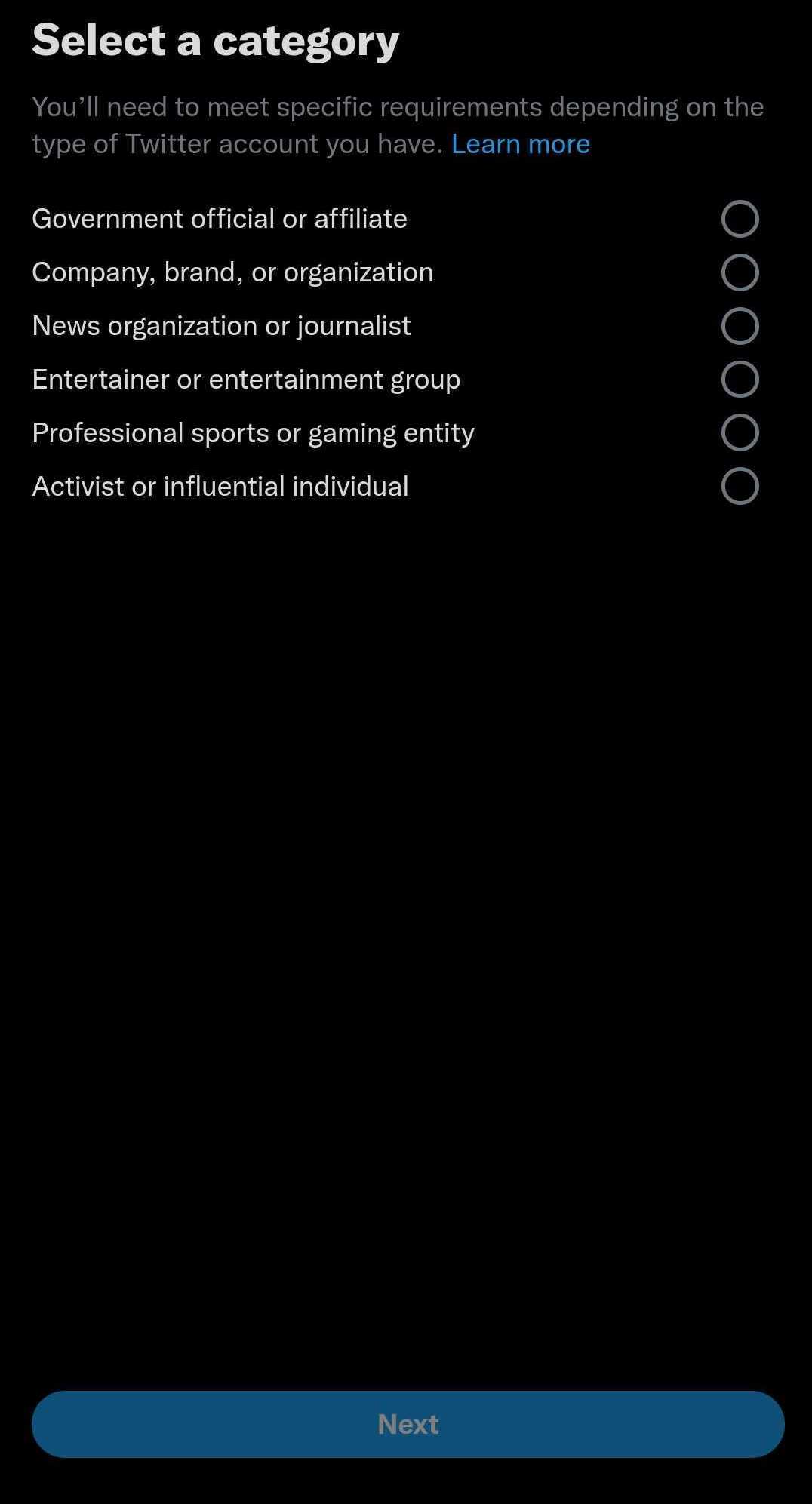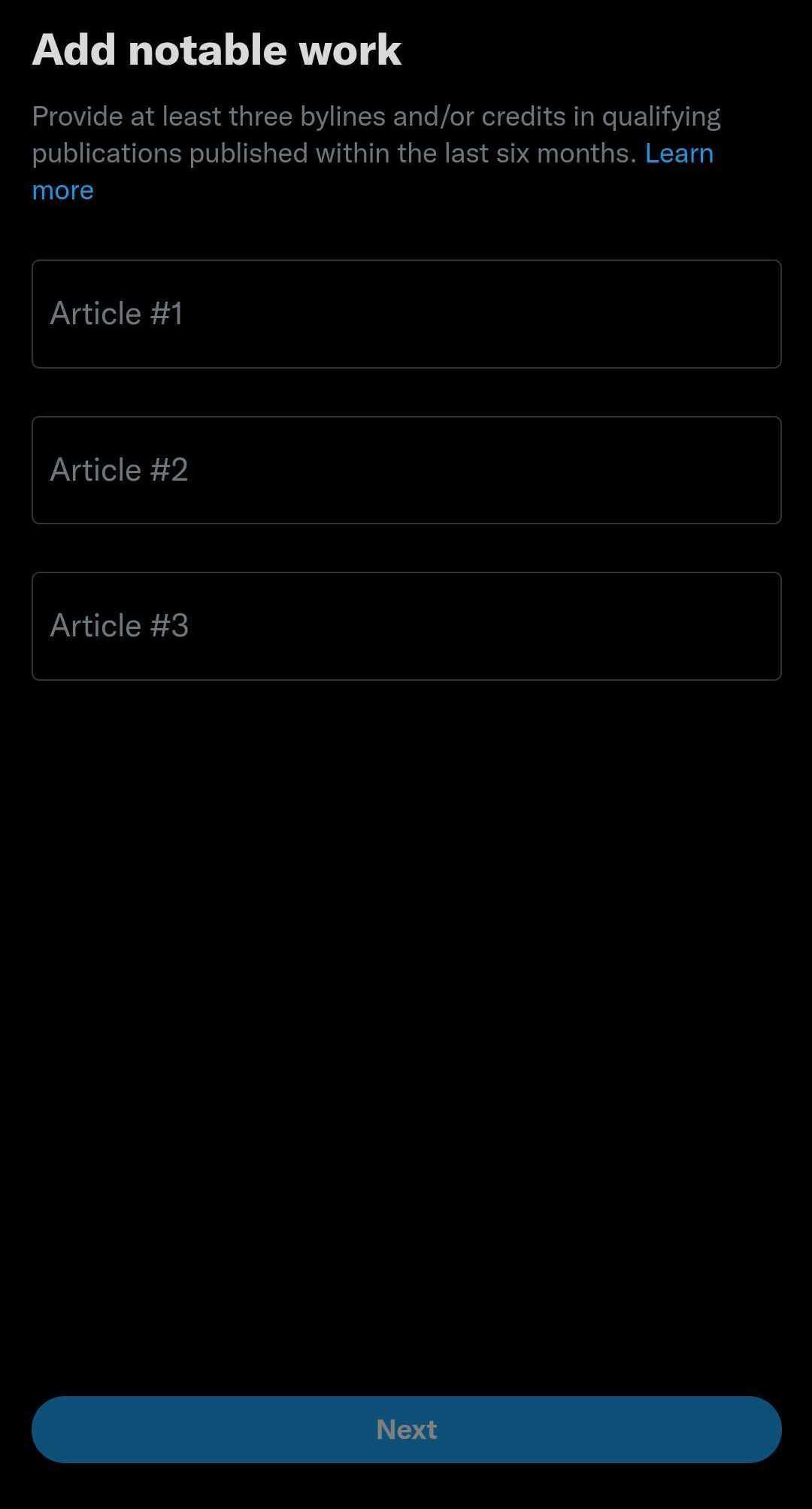If you’re active on Twitter, you’ve probably noticed a blue checkmark associated with various accounts. If you’re a brand, business or personality, you might be wondering how you can get that verification status as well. Being verified on Twitter is somewhat of a status symbol as it indicates that a profile is authentic.
Verification can help build credibility, but it is not the only way for brands, businesses and influencers to build a trustworthy presence on Twitter. Public applications for verification are currently closed, but read on to learn more about how you can build a credible presence on Twitter—with or without a blue checkmark.
Why get verified on Twitter?
Before we go any farther, let’s recap on the significance of Twitter verification.
The coveted blue verification badge that appears on Twitter profiles lets people know that the account is of public interest and, most importantly, authentic. Any account that is verified appears with the blue checkmark next to the username both on their profile and in search results, and always appears in the same place.
Verification is important to accounts as a way to signal to audiences that they are authentic and trustworthy. For example, Twitter-savvy customers will want to contact a verified brand account if they have a customer service question about their product or service.
Twitter is the only entity that can provide verification badges. So any account that tries to use an image of the verification badge in their profile or background photos or implies they are verified without authentication from Twitter can face suspension from the platform.
Let’s reiterate this again: accounts to be verified are determined to be of public interest and authentic. This includes user accounts in the following interest areas:
- Government
- Companies, brands and organizations
- News organizations and journalists
- Entertainment
- Sports and gaming
- Activists, organizers, and other influential individuals
A verified badge does not imply an endorsement by Twitter.
A brief history of Twitter verification
For a while, anyone could send in an application to be considered for Twitter verification. The person would then be approved if they met the verification requirements.
At the end of 2017, Twitter decided to work on a new verification program to improve the overall process and ensure verified accounts met their new guidelines. As part of this effort, Twitter put a pause on accepting public submissions for profile verification.
In May 2018, Twitter verified politicians who appeared on general election ballots and introduced US election labels to indicate in which race politicians were running.
Now in May of 2021, Twitter has reopened verification for public figures and accounts of high interest in the previously mentioned categories. Since this is the first time anyone can request verification since 2017, it’s important to know the criteria your profile will need to meet to be reviewed.
Twitter verification criteria in 2021
Now that verification is reopened, Twitter has a few requirements about the presence, activity and profile status of the accounts applying to be verified. While meeting these doesn’t necessarily guarantee you will get the blue checkmark verification badge, you want to make sure these aspects of your Twitter presence are squared away before attempting to apply.
Authentic, notable and active accounts
Considering the overwhelming interest in verification, Twitter needs to set some fundamental benchmarks on what types of accounts benefit from verification. To help accounts in the specific six categories mentioned above, the social network provides a large amount of detail on their official verification help center, so be sure to confirm the specific details for your industry or niche before applying.
In general, there are a few key steps to demonstrate the authenticity and notability of your account:
- Authentic: You can confirm this with Twitter by officially verifying your identity, such as with photo ID documentation, or relationship to a notable organization, for example by using an official domain’s email.
- Notable: This aspect of verification has the most granularity per category, laid out in Twitter’s help center in detail. In general, some important factors include mentions on news sources or official sites, follower count, activity in their field and abiding Twitter rules and good conduct on the platform.
- Active: In addition to overall active usage, Twitter also reviews the completeness of the profile, including completing security measures like email and phone confirmation, and a lack of recent suspensions due to Twitter rule violations.
Fortunately, the categories and requirements tie directly into the steps of the new verification process on Twitter, so once you have this information squared away, you are well on your way to applying for the blue checkmark badge.
How to get verified on Twitter in 2021
If you feel your brand or influencer profile is all ready to begin the verification process, the steps to get started are now actually fairly simple.
1. Start the verification process
The Twitter verification process is now self-serve from within the platform. In the desktop or mobile app, access your account settings and select ‘Request verification’

2. Choose your account category
You’ll then be asked to select your category from the six eligible ones mentioned above, and taken through submitting specific requirements for authenticity and notability for that category.

3. Verify your activity in your category
The next step after choosing your category will vary depending on what you chose. For example, individuals in entertainment may need to verify their status with IMDB credits, journalists by linking to recent articles and activists or influencers will need to meet follower and mention thresholds.

4. Confirm your identity
You’ll also be asked for a confirmation of overall identity verification such as a photo ID or official website’s reference to the account being submitted.
5. Submit the request
Once you’ve finished submitting this information, the request will go into the queue for review, which per Twitter could take up to a few weeks depending on the current volume of requests.
If your application is approved, the blue badge will appear automatically with no other steps needed from you. If it’s rejected, you’ll want to review your information and profile completeness, and you’ll then be able to reapply after 30 days have elapsed.
Next steps for your Twitter presence
If you have been coveting a blue checkmark on your Twitter profile, you now know the steps you’ll need to take to ensure your profile is ready for requesting verification. Beyond just fulfilling verification requirements, you can and should still improve your brand profile’s completeness and authenticity for greater engagement on the platform.
If your profile still needs a boost in some key areas, check out these guides to learn more about getting the most out of your Twitter presence:
- Develop a solid, authentic Twitter bio
- Find out the best times to post on Twitter
- Grow your Twitter following organically
- Get inspiration for what to Tweet next
Learn more about developing a solid Twitter strategy so your brand can be more active on Twitter.
The post How Twitter verification works in 2021 appeared first on Sprout Social.
